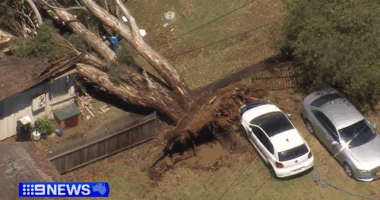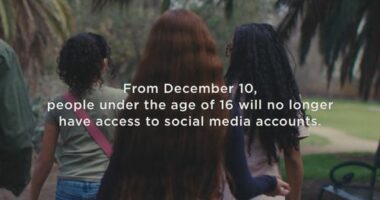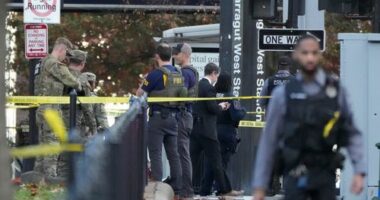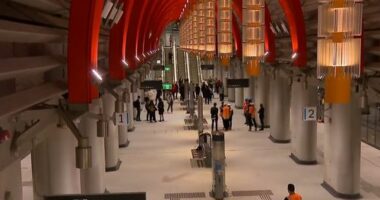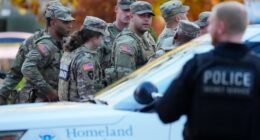Share this @internewscast.com
Another person from Tehran said: “If I say I’m not scared, I’d be lying. We were all scared, we’re all anxious. The future is uncertain for all of us.”
‘The city is almost empty’
The Human Rights Activists News Agency, a Washington-based Iranian human rights group, has said at least 639 people have been killed in Israeli strikes on Iran.
Iran’s capital has been one of the main targets of Israel’s attacks in the past seven days.
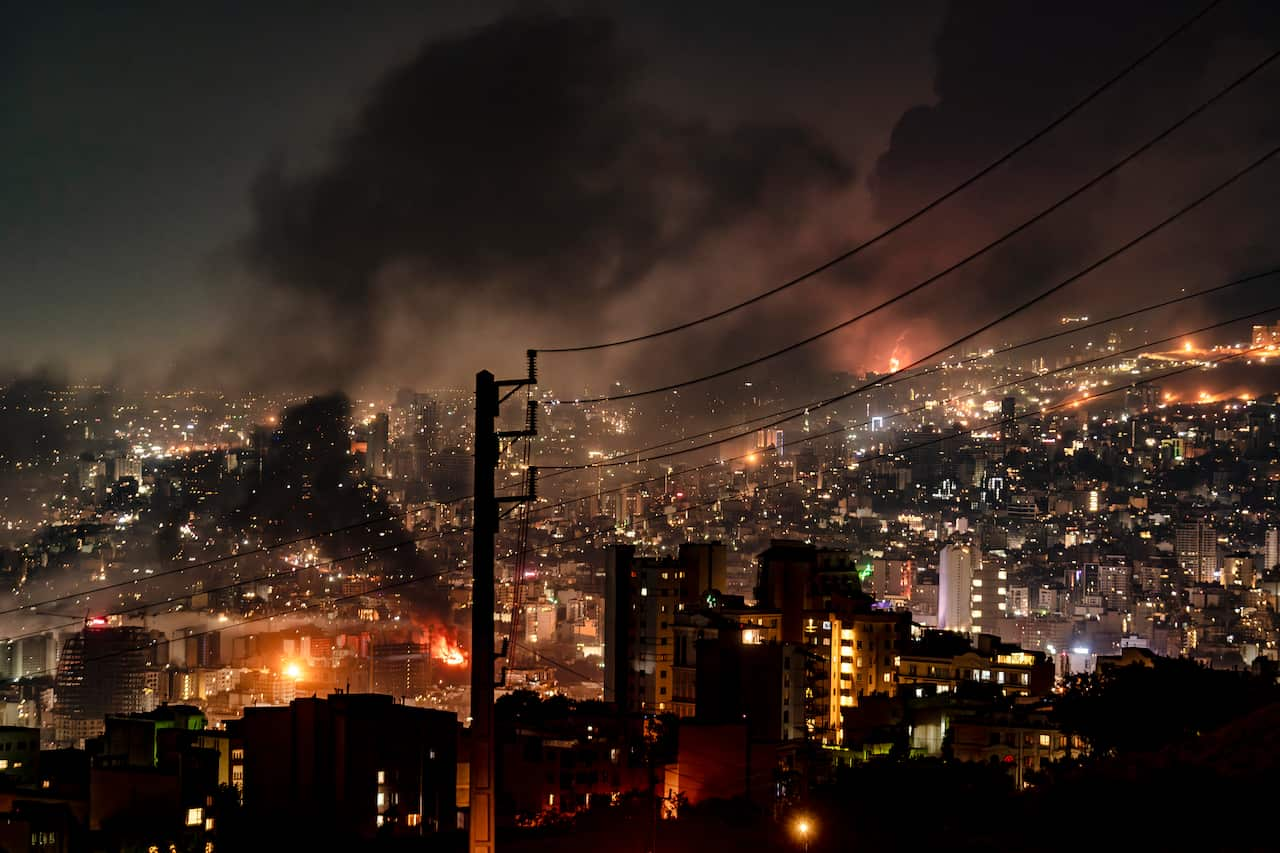
Smoke rises after an explosion in downtown Tehran. Iran’s capital has been one of the main targets of Israel’s attacks in the past week. Source: ABACA / Middle East Images/ABACA/PA
‘Sound of the city has disappeared’
“But I can’t, because I’m scared.”
‘Shortage of nurses and doctors’
“He was on the bed in the hospital to start the chemo[therapy] and the nurses, they fainted.”

Ramak Bamzar says that her father decided to stop his cancer treatment at this stage and “go somewhere to be safe”. Credit: SBS
Bamzar said her father is now living in limbo.
“If I was there, maybe I could do something. Here, you are just desperate. You feel like you have no power to do anything to help,” she said.

With the internet blackouts in Iran, many Iranian Australians like Ramak Bamzar have not been able to talk with their loved ones. Credit: Jennifer Scherer
‘I choose to stay and die in my house’
“She’s very strong. She decided to stay at home. She said, ‘If they’re gonna bomb me, I choose to stay and die in my house,'” he said.

Fariman Kashani said that the internet in Iran has been “on and off” and “it’s very hard to reach our families”. Credit: SBS
Separated by thousands of kilometres, Kashani says he feels “helpless”.


